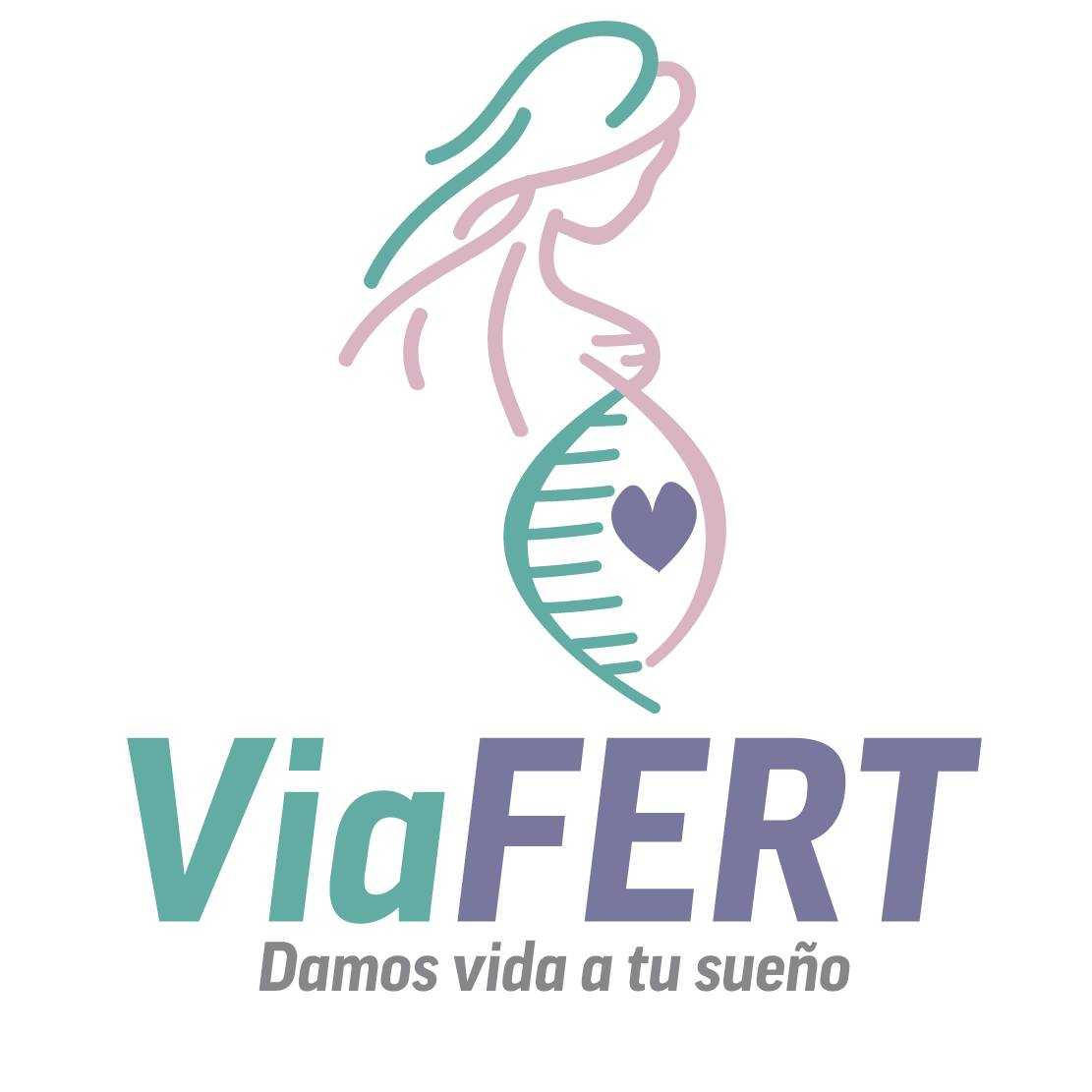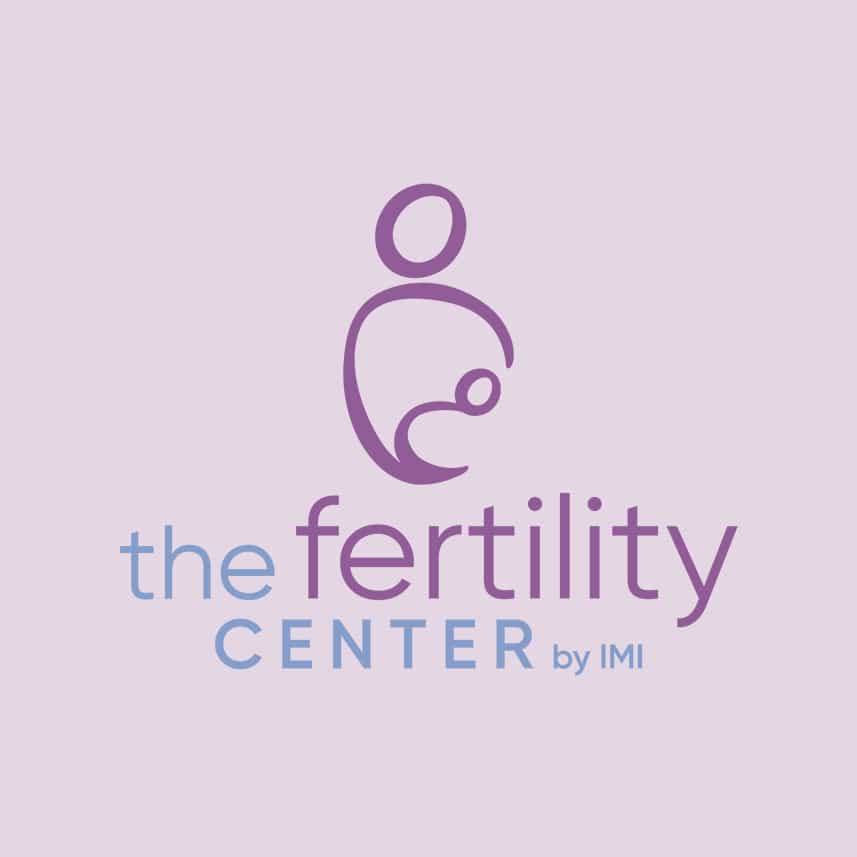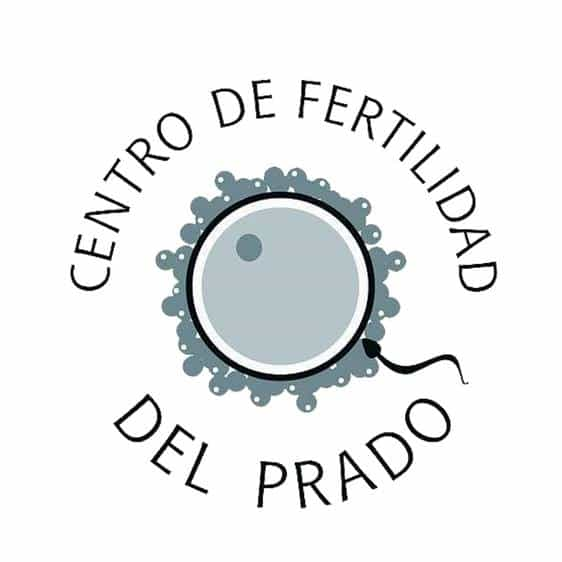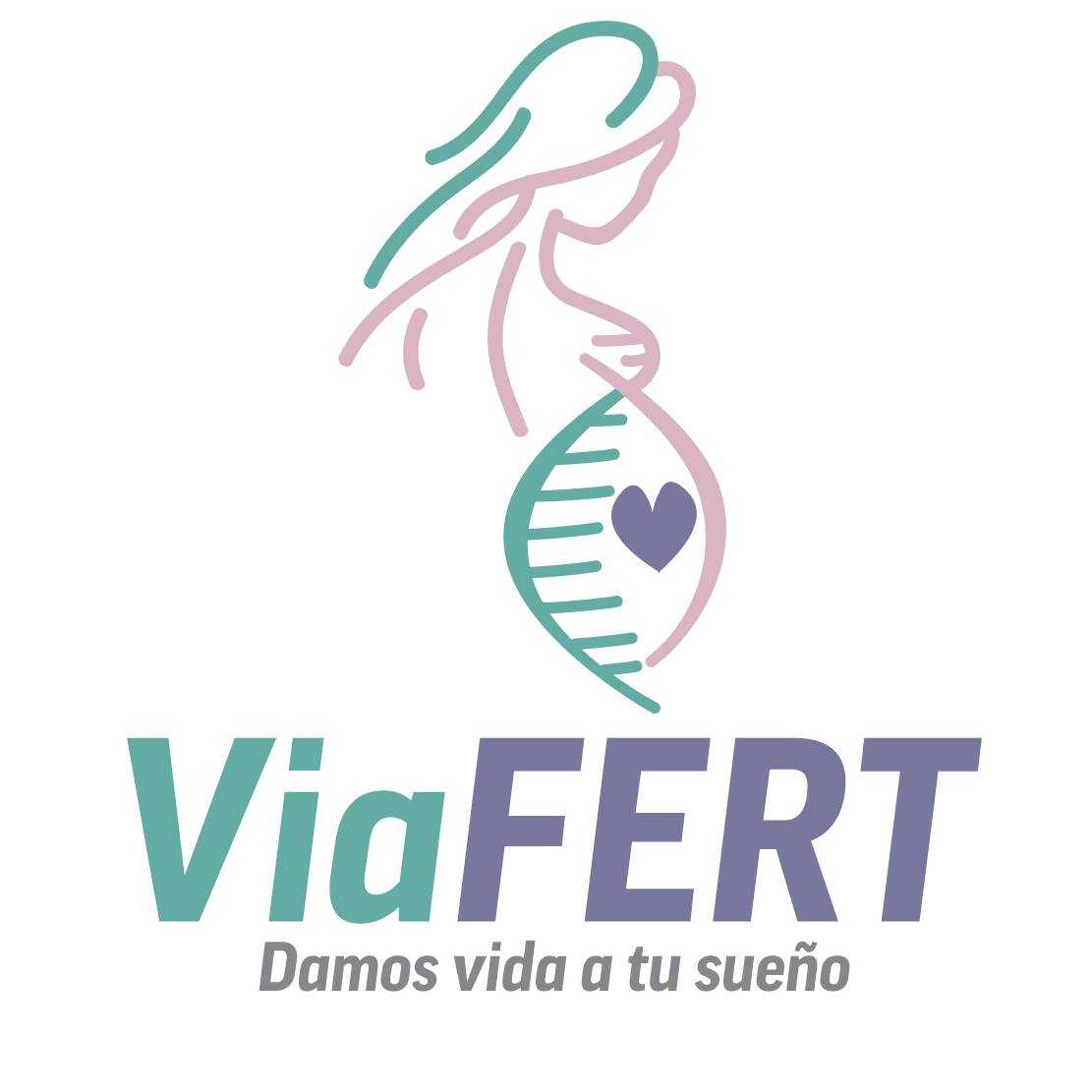The Ultimate Guide to IVF Treatment Cost in Mexico

Going on the journey of in-vitro fertilization (IVF) is a significant step, and for many, the financial aspect can be a major hurdle. The IVF cost in Mexico presents a beacon of hope, offering a much more affordable path to parenthood without compromising on the quality of care. If you're wondering just how much you can save and what the real costs are, you've come to the right place. In this detailed guide, we'll break down everything you need to know about the price of IVF in Mexico, from the basic cycle costs to the nitty-gritty of medication, genetic testing, and more. We're here to provide you with clear, straightforward answers to the questions that are likely on your mind, helping you make an informed decision on your fertility journey.
How much does IVF cost in Mexico?
"The cost of a single IVF cycle in Mexico typically ranges from $4,500 to $8,000 USD. This price is often significantly lower than in countries like the United States, where costs can easily exceed $20,000."
This price range for IVF in Mexico usually covers the core procedures, including ovarian stimulation monitoring, egg retrieval, fertilization in the lab, and the embryo transfer. However, it's crucial to understand what is included in a clinic's quoted price. Additional expenses might include initial consultations, diagnostic testing, fertility medications (which can cost $1,000-$3,000+), genetic testing of embryos (PGT), and embryo freezing and storage fees.
Many clinics in popular destinations like Cancun, Tijuana, and Mexico City offer all-inclusive packages designed for international patients. These packages for affordable IVF often bundle the medical treatment with airport transfers, accommodation, and sometimes even local transportation, providing a more predictable and stress-free experience. Always request a detailed cost breakdown from the clinic to avoid any surprises.
What is typically included in the cost of an IVF package in Mexico?
"Most standard IVF packages in Mexico will include the main procedures such as ovarian stimulation monitoring, egg retrieval, fertilization in the lab (conventional insemination or ICSI), and a fresh embryo transfer."
To give you a clearer picture, here's what you can generally expect to be covered in an all-inclusive IVF package in Mexico:
- Initial consultation with a fertility specialist
- Ultrasound monitoring during ovarian stimulation
- Hormonal blood tests to track your progress
- Medical fees for the egg retrieval procedure
- Anesthesia for the egg retrieval
- Sperm preparation and analysis
- Intracytoplasmic Sperm Injection (ICSI), which is often included in the base price in many Mexican clinics
- Embryo culture to the blastocyst stage (day 5)
- Fresh embryo transfer
- Cryopreservation (freezing) of remaining viable embryos for a limited time
It’s important to confirm these details with your chosen clinic, as packages can vary. Some premium packages might even include things like airport transfers and initial medications.
Are there any hidden or unexpected costs with IVF in Mexico?
"Yes, there can be additional costs not included in the initial quote for IVF in Mexico. These often include pre-treatment testing, fertility medications, genetic testing of embryos, and annual embryo storage fees."
While many clinics in Mexico are transparent with their pricing, it's essential to be aware of potential extra expenses. Think of it like building a house – the base price gets you the structure, but the finishes and upgrades will add to the final cost.
Here are some common costs that might not be part of a standard IVF package:
- Initial diagnostic testing: Before starting your IVF cycle, you'll need certain tests like infectious disease screening and ovarian reserve testing. If you haven't had these done recently, you'll need to budget for them.
- Fertility medications: This is a significant variable. The cost will depend on the type and dosage of medications you need, which is determined by your individual response.
- Preimplantation Genetic Testing (PGT): If you opt for genetic screening of your embryos, this will be an additional cost.
- Frozen Embryo Transfer (FET): If your fresh transfer is unsuccessful or you want to have another child later, using your frozen embryos will incur a separate fee.
- Annual embryo storage: While initial freezing might be included, you'll likely have to pay an annual fee to keep your embryos stored.
- Travel and accommodation: Don't forget to factor in flights, a place to stay, and daily living expenses.
How much do fertility medications cost in Mexico compared to the US?
"Fertility medications in Mexico can be 50-70% cheaper than in the United States. For a standard IVF cycle, you can expect to pay between $1,000 and $2,500 for medications in Mexico, while the same medications could cost over $5,000 in the US."
The significant savings on medication is a major contributor to the overall affordability of IVF in Mexico. Here's a look at some common IVF medications and their approximate costs to give you an idea of the price difference:
| Medication | Common Use in IVF | Cost in Mexico (USD) | Cost in the US (USD) |
|---|---|---|---|
| Gonal-F | Ovarian Stimulation | $300 - $500 per pen | $900 - $1,500 per pen |
| Menopur | Ovarian Stimulation | $40 - $60 per vial | $100 - $150 per vial |
| Cetrotide/Ganirelix | Prevents Premature Ovulation | $80 - $120 per injection | $250 - $400 per injection |
| Progesterone | Supports Uterine Lining | $20 - $50 for a supply | $100 - $300 for a supply |
Please note that these are estimates and can vary based on the pharmacy and your required dosage.
What is the cost of IVF with genetic testing (PGT) in Mexico?
"The cost of IVF with Preimplantation Genetic Testing (PGT) in Mexico typically ranges from $7,000 to $11,000. This includes the standard IVF cycle plus the biopsy of the embryos and the genetic analysis."
PGT is an advanced procedure that can screen embryos for chromosomal abnormalities before they are transferred to the uterus. This can increase the chances of a successful pregnancy and reduce the risk of miscarriage or genetic disorders.
There are different types of PGT, and the cost can vary depending on the specific test you need:
- PGT-A (Aneuploidy): Screens for the correct number of chromosomes.
- PGT-M (Monogenic/Single-Gene Defects): Screens for specific inherited genetic disorders.
- PGT-SR (Structural Rearrangements): Screens for chromosomal rearrangements.
Discuss with your fertility doctor if PGT is recommended for you and get a clear quote for the entire process.
How much does IVF with donor eggs cost in Mexico?
"IVF with donor eggs in Mexico generally costs between $8,000 and $15,000. This is significantly more affordable than in the US, where the same treatment can cost upwards of $30,000."
For individuals or couples who require an egg donor, Mexico is a very attractive option. The cost of donor egg IVF in Mexico is lower due to more affordable donor compensation and the overall lower costs of medical procedures.
The cost of an egg donor cycle typically includes:
- The donor's compensation
- The donor's medical screening and medications
- The IVF procedure for the recipient
Some clinics have their own egg banks, while others work with external agencies. Be sure to understand all the fees associated with the donor process.
What about the cost of using a sperm donor?
"The cost of IVF using a sperm donor in Mexico is slightly higher than a standard IVF cycle, typically ranging from $5,000 to $9,000. The additional cost is for the acquisition and preparation of the donor sperm."
Similar to egg donation, using a sperm donor is a well-established and more affordable process in Mexico compared to the US. Clinics in Mexico have access to reputable sperm banks, and the process is handled with the utmost professionalism and confidentiality.
Is it cheaper to do IVF in certain Mexican cities, like Tijuana or Cancun?
"While prices are competitive across Mexico, you may find slight variations in IVF costs between major cities like Tijuana and Cancun. Tijuana, being a border city, is often very popular with patients from the US, while Cancun offers a more resort-like setting for your treatment."
Here's a general comparison of what you might expect:
| City | Average Cost of a Basic IVF Cycle (USD) | Key Advantages |
|---|---|---|
| Tijuana | $5,000 - $8,500 | Proximity to the US border, easy accessibility for Southern California residents. |
| Cancun | $6,000 - $9,000 | A popular tourist destination, allowing you to combine treatment with a relaxing vacation. |
| Mexico City | $4,500 - $7,500 | The capital city, with a wide range of clinics and competitive pricing. |
| Guadalajara | $5,500 - $8,000 | A major hub for medical tourism with highly reputable clinics. |
Ultimately, the best city for you will depend on your personal preferences, travel convenience, and the clinic that you feel most comfortable with.
What are the success rates for IVF in Mexico?
"Success rates for IVF in Mexico are comparable to those in the United States and Europe, with many top clinics reporting live birth rates of 50-70% per cycle, depending on the patient's age and specific fertility issues."
It's important to remember that success rates can be presented in different ways (e.g., pregnancy rate vs. live birth rate). Always ask for the clinic's live birth rates for your specific age group and diagnosis. Reputable clinics will be transparent with their statistics.
Do clinics in Mexico offer discounts for multiple IVF cycles?
"Yes, many fertility clinics in Mexico offer multi-cycle or package deals at a discounted rate. This can be a very cost-effective option for those who anticipate needing more than one IVF cycle."
These packages can provide peace of mind and financial predictability. Some clinics even offer programs with a partial refund if you don't achieve a successful pregnancy after a certain number of cycles. When considering a multi-cycle package, make sure you understand the terms and conditions clearly.
What are the real experiences of people who have done IVF in Mexico?
"Many patients who have undergone IVF in Mexico report positive experiences, highlighting the compassionate care, the professionalism of the medical staff, and of course, the significant cost savings."
Reading patient testimonials and connecting with others who have been through the process can be incredibly reassuring. You'll find stories of people who were initially hesitant about going abroad for treatment but were ultimately thrilled with their decision. They often praise the personalized attention they received from their doctors and the modern, well-equipped facilities.
Are there financing options available for IVF in Mexico?
"Yes, there are several financing options available for patients traveling to Mexico for IVF. These can include medical tourism loan companies, personal loans, and sometimes payment plans offered by the clinics themselves."
Don't let the upfront cost deter you. Many financial institutions specialize in loans for medical procedures abroad. It's worth researching these options to find a plan that fits your budget.
What questions should I ask a clinic about the cost of IVF in Mexico?
"When consulting with a fertility clinic in Mexico, it's crucial to ask for a detailed, itemized quote that clearly outlines all included and excluded costs. Don't be afraid to ask as many questions as you need to feel comfortable and confident."
Here are some key questions to ask:
- Is the initial consultation fee included in the package price?
- Can you provide a list of all the services included in the IVF package?
- What are the estimated costs for medications, and are they included?
- What are the costs for any additional procedures I might need, like PGT or an FET?
- Are there any fees for the initial diagnostic tests?
- What is your fee schedule for embryo storage?
- Do you offer multi-cycle discounts or refund programs?
A reputable clinic will be happy to provide you with all of this information in a clear and transparent manner.
How much should I budget for travel and accommodation?
"For a typical IVF cycle in Mexico, you should budget between $1,000 and $3,000 for travel and accommodation. This will depend on the city you choose, the length of your stay, and your personal preferences for accommodation."
Many clinics are located in areas that are well-served by international airports and have a range of accommodation options to suit different budgets. Some clinics even have partnerships with local hotels and can help you with your travel arrangements.
Is the quality of care in Mexico as good as in the US, despite the lower cost?
"Absolutely. The lower IVF cost in Mexico is not an indication of lower quality. Many fertility clinics in Mexico are internationally accredited, have state-of-the-art facilities, and are staffed by highly experienced, often US-trained, fertility specialists."
Mexico has become a leading destination for medical tourism precisely because it offers a winning combination of high-quality care and affordability. Do your research, choose a reputable clinic, and you can be confident that you are in excellent hands.
What are the first steps to starting my IVF journey in Mexico?
"The first step is to research and choose a reputable fertility clinic in Mexico. From there, you will have an initial consultation with a fertility specialist to discuss your medical history and create a personalized treatment plan."
Many clinics offer online consultations, making it easy to get started from the comfort of your own home. They will guide you through the process of any necessary pre-treatment testing and help you plan your visit to Mexico for the IVF procedure.
Ready to explore your options for affordable and high-quality IVF treatment? Explore PlacidWay for solutions related to medical tourism and to connect with leading fertility clinics in Mexico. Your dream of starting or growing your family may be closer and more affordable than you think.


.png)

.png)












Share this listing